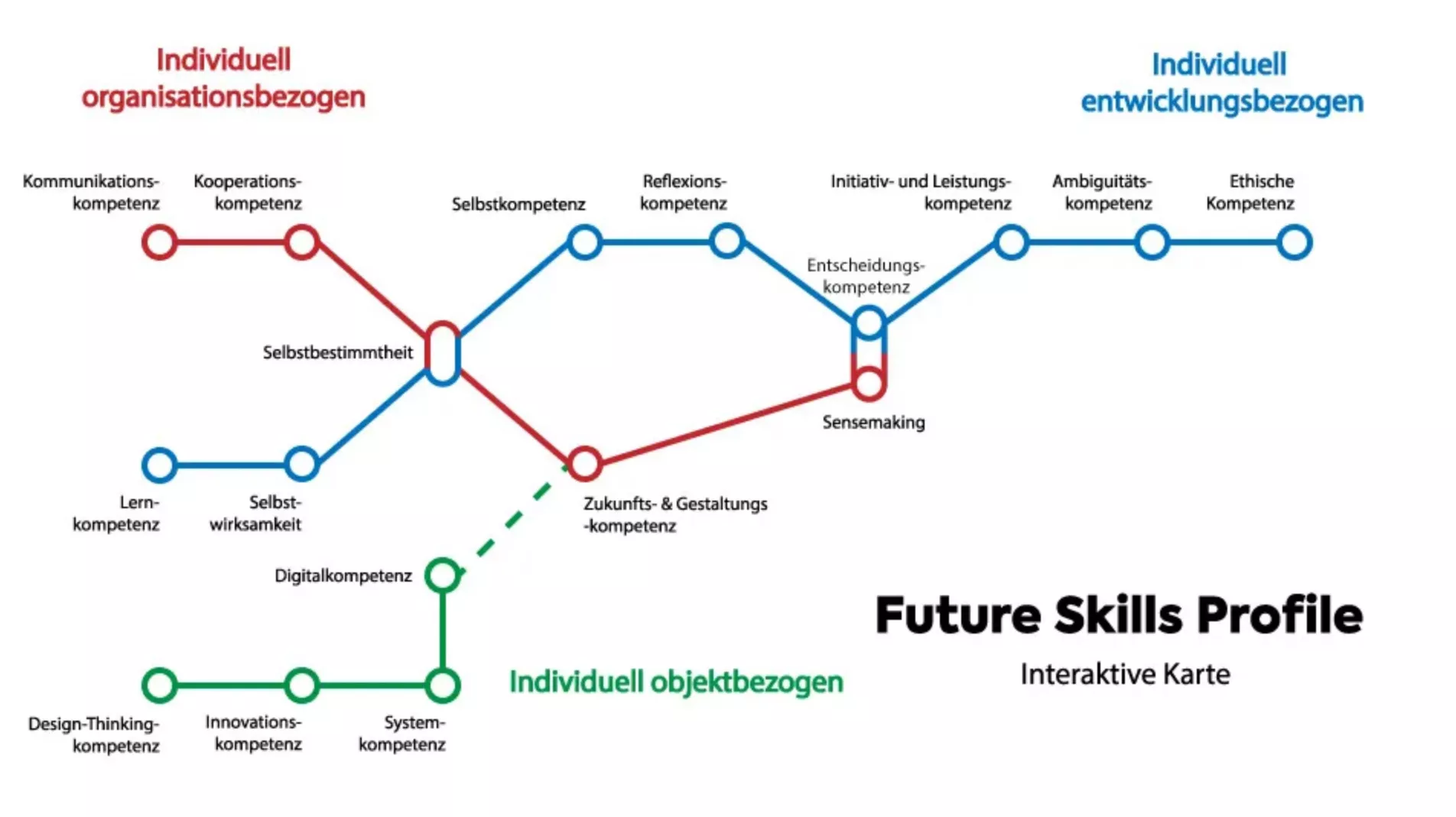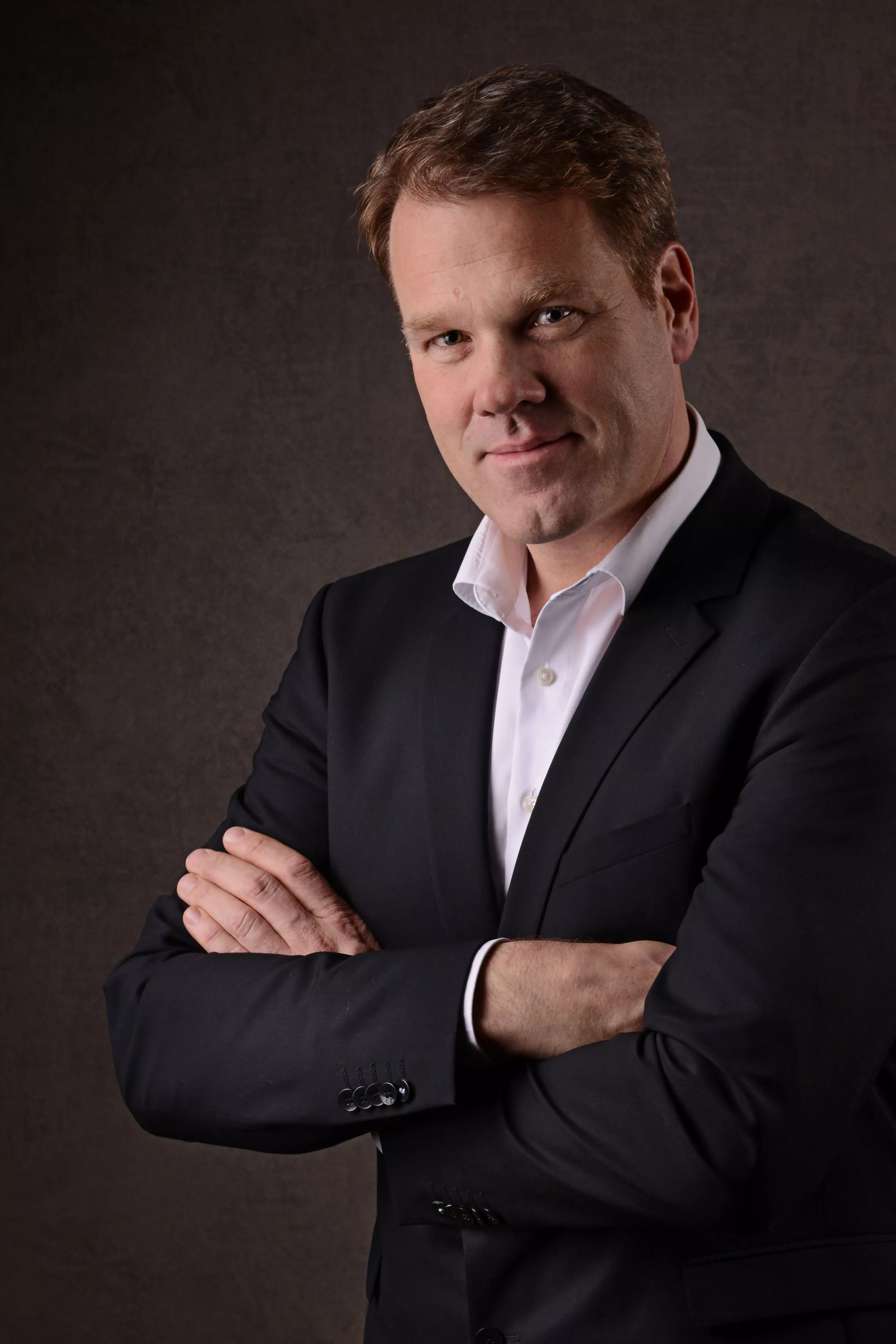Future skills for the world of tomorrow
Climate change, energy supplies and digitalisation – the world we live in is changing rapidly and constantly presenting us with new challenges. In order to meet these, we need what are known as future skills to enable us to solve complex problems and remain capable of responding going forward. Professor Dr Ulf-Daniel Ehlers describes the skills involved in his book, Future Skills, which was published in 2020 and has been translated into several languages.
Professor Ehlers, you are concerned with the future of learning processes. How would you define future skills?
I see future skills as essential competences that enable us to successfully navigate new and complex problems. They are becoming increasingly relevant, and the idea that we can prepare for every eventuality seems increasingly outdated. Such competences are particularly important in sectors where change is unpredictable. Take, for example, the IT sector, or sustainability, but also our personal lives, in which numerous processes have become detached from one another. We have an impressive variety of options open to us, giving us the freedom to choose the kind of life we want to live, and how we want to live it. But this freedom also presents us with the challenge of organising processes in such a way that they are productive for us personally, for society and for our professional lives.
Your book focuses on higher education. How did you approach the topic?
The key question for us was what goals and content would help prepare young people for a society that is increasingly prepared to make radical and disruptive changes to its systems. In terms of method, we visited institutions that are already working and living on the basis of the paradigms of the future. We put out an invitation to tender and received almost 150 applications; from these, we took a closer look at 20 organisations by means of in-depth interviews. We analysed the results and compared them with existing competency models. Finally, we arrived at 17 Future Skills Profiles that map over 250 future skills: from self-efficacy and sensemaking to communication, reflection and design skills – a patchwork of technological, digital, transformative and traditional skills. The whole is far more than a mere list of skills to be acquired. We were concerned with the interaction of individual skills and the overall capacity to take action.

What do future skills teach us?
They help us deal successfully with challenges we have not been prepared to meet. On the one hand, this has an individual and, of course a professional and subject-related dimension, but it also always has a social dimension. Socially, we are increasingly confronted with unforeseen developments that have a tangible impact on our lives. The financial crisis or the Covid 19 pandemic, for instance, but also the restructuring and reorganisation of working life. The concept of a long-term professional identity is becoming less and less common. We have to find an identity within ourselves despite all the restructuring and upheaval, and we need an inner resilience to prevent us from floundering. Locating an inner compass with regard to these kinds of issues is what future skills are all about. Incidentally, they’re not only applicable to the future. We are already facing multiple challenges that are almost impossible to solve without future skills. These competences will become increasingly relevant in the years to come. Against this backdrop, it is more and more important to teach future skills.
You wrote a post-doctoral thesis on Quality and Education and know adult education inside out. What can it do to support people in terms of future skills?
Effective education always involves the ability to help shape processes of change. This needs to be imparted, and for me, informal educational spaces play an important role in this. It is a sign of our times that educational institutions as we know them can no longer manage on their own. A university degree that I gain today will not be sufficient for me to “survive” the next ten years. I will have to continue educating myself. We need to arrange for a variety of learning episodes throughout our life. And we need to create spaces where we can talk to each other and take collective action. This is important because we must not leave people alone with their need for lifelong learning; we must provide them with targeted programmes.
What does that mean specifically?
Basically, it means making more efforts to create educational spaces for everyone, throughout their life. It is clear that education is not only about economic capital. Above all, it is about social and cultural capital. The aim is to develop holistic services that meet people where their needs and requirements are. The idea of future skills can be a catalyst for this kind of innovation – provided that we are able to shape things ourselves and are not just asked to react to them. All of this requires competences and methods as well as empathy and the ability to shift our perspective and communicate, cooperate and critically reflect.
We will not be able to do all this in a purely national context ...
It is clear that a joint effort will be required, particularly at European level, to address many of the challenges society is currently facing. In order to develop sustainable solutions, we need competent European citizens who not only understand the problems but are also capable of developing innovative solutions. Education plays a key role here. Training and development are both essential in order to equip us with the necessary knowledge and skills. It is therefore of the utmost importance that we strengthen adult education at European level and promote programmes that support cooperation, cross-border exchange, reform and innovation in the education sector. Without such initiatives, it will not be possible to shape the future. At the same time, we need to broaden our understanding of education, see learning as a matter of organisation and promote decentralisation that gives educational institutions greater autonomy and independence.

Prof Dr Ulf-Daniel Ehlers holds a chair in Education Management and Lifelong Learning at Baden-Württemberg Cooperative State University in Karlsruhe and is the author and editor of numerous books and academic articles.
Read more at www.next-education.org
More about Future Skills: www.nextskills.org
Recommended reading: Future Skills, Learning for the Future – University of the Future, Berlin 2020
Photos: Pixabay, Ulf-Daniel Ehlers, NextSkills.org




